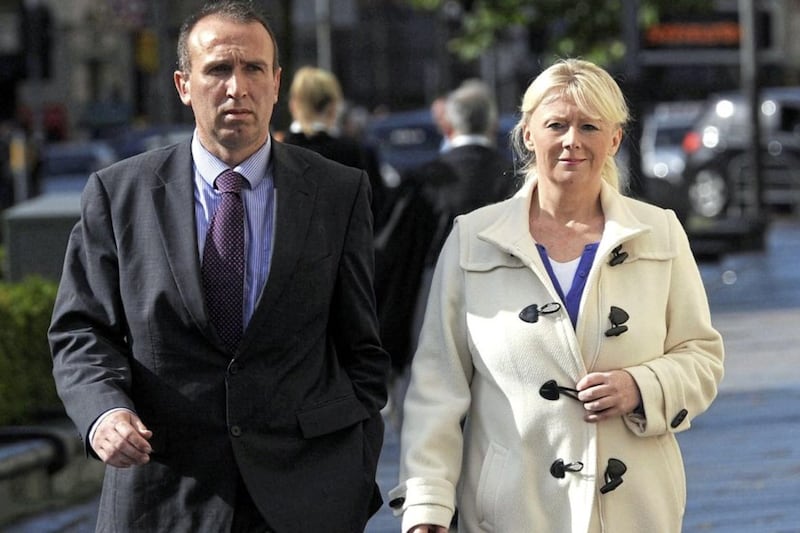IN today's world, women should have an equal opportunity to enjoy the benefits of sport.
Through tackling sexism in sport - no matter what the level - we should be creating a more balanced outlook for everyone.
But here we are in 2015 and it seems sexism in sport is still apparent.
Just this week, one of the world's most successful athletes described how she still faces the double-standard syndrome that has been around for centuries.
On the verge of sweeping all four grand slams in a calendar year if she takes the US Open title later this month, Serena Williams has cemented her reputation as the greatest women's tennis player of all time.
If she wins, she will become a serious contender for the greatest athlete of her generation.
But her 16-year-run and a trophy cabinet bulging at the seams is still not good enough for some people.
The super-successful tennis player still has to do battle with sexists who body-shame her and hold her to different standards than men.
Just last month, a Twitter troll suggested her Wimbledon victory was due to her masculine figure, writing that she was 'built like a man'.
She said she also faces constant double-standards when it comes to on-the-court behaviour.
Serena told New York Magazine that an outburst on court, (which ok, she shouldn't have done), cost her a staggering $82,500 in 2009.
But she insists her use of bad language or her temper are not the problem - it is sexism. She claimed men who've had similar outbursts receive considerably less attention and criticism for them.
Take also the English women's world cup football team - they too have been at the receiving end of sexist commetns.
Returning home from the recent tournament in Canada, the English FA were accused of sexism after posting a tweet welcoming the team back.
The post said: "Our lionesses go back to being mothers, partners and daughters today, but they have taken on another title - heroes".
But the message was quickly deleted after sparking a Twitter backlash in which many branded it 'sexist' and 'patronising'.
Then there's golf, that even in our modern society, still insists in some courses on being men-only.
Or what about women's cycling - some of the finest female riders are still waiting for the Tour de France to accept females and not just in a one-day event.
There's also been a campaign to have the same number of medals available for men and women at the Rio Olympics next year.
More locally and the captain of the Ulster camogie team last month accused the GAA of 'sexist' treatment of women.
Catherine McGourty described how the male winner of the Ulster GAA Poc Fada won a trophy and a skiing holiday, while she walked away with just a medal.
No wonder we are struggling to get women and girls interested in sport when this is the experience of some of the best athletes in the world.
One of the problems is that sexism goes unreported as often women believe it could affect their selection chances.
But female athletes should not be allowed to feel marginalised, it is not acceptable.
More needs to be done to drive the inclusion of women in sport at all levels, from the playing field right through to the boardroom.
Women's sport also suffers from lack of regular opportunities to showcase their talent, there's still a massive disparity between coverage of male and female sports.
There are now more professional female athletes than ever and while we have started to see a positive change in some areas, it needs to go further,
Change in attitudes won't happen overnight but we owe it to successful women like Serena Williams who have worked so hard to achieve success.
And we owe it to all women to try and stamp out the sexism that still prevails.
It is vital young women and girls feel motivated both to take part in and to watch coverage of sport.
They need to know that they are included in the enjoyment of sport and catered for just as much as their male counterparts.








